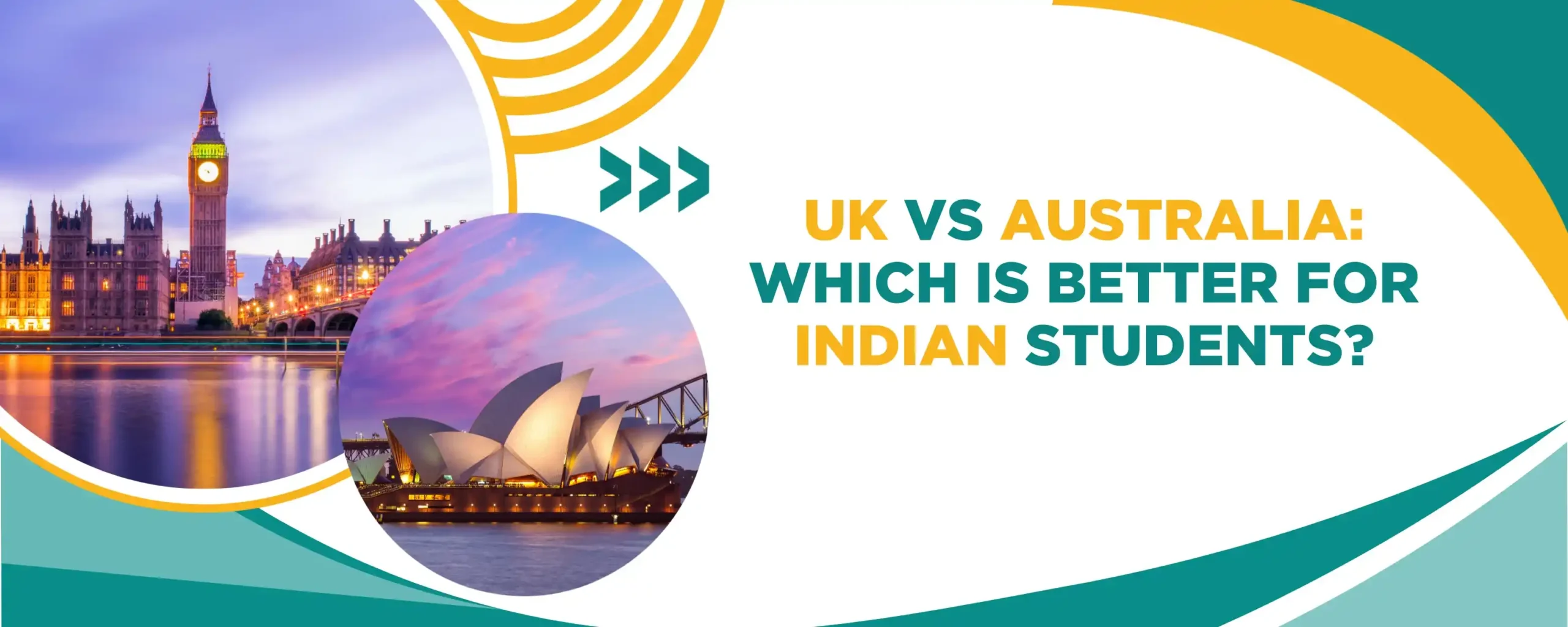Many underestimate the true costs of getting those Instagram-worthy shots while studying abroad. It’s not just tuition and accommodation—you’ll also need to budget for hidden expenses like visa fees, local transportation, meals, travel insurance, and cultural outings that can quickly add up. Without proper planning, these extras can easily derail your adventure. That’s where La Forêt French Class steps in. With expert guidance and resources tailored for international students, they help you navigate these financial challenges and turn your global dreams into a well-prepared, stress-free reality.
Visa and Documentation Expenses
Securing your student visa will involve more than just the application fee, depending on your destination. You must factor in potential travel costs to the nearest embassy or consulate for interviews. Also be ready to brace yourself for hidden documentation fees! You might need to notarize official documents, obtain certified translations of academic records, and provide proof of adequate health insurance.
All of these will add to your expenses. However, you can avoid any end-moment budget surprises by maintaining a detailed checklist of all required visa documents and their associated costs. This approach can save you both money and unnecessary stress at the last minute.
Pre-Departure Costs
Embarking on your study abroad journey will involve several initial costs, like medical tests and mandatory vaccinations. Securing comprehensive health insurance is also a crucial and an unavoidable expense. Initial travel costs include flight tickets, which can fluctuate in rates. You must also be mindful of pricey excess baggage fees. Moreover, upon arrival, you’ll likely need to purchase essential items like bedding, kitchenware, or adaptors.
This can further strain your budget, if not thought about well in-advance. But, there’s a way to budget efficiently. Research medical requirements and book flights in advance. Furthermore, consider shipping non-essential items to avoid excess baggage fees. Compare prices for health insurance and prioritize essential purchases upon arrival. Make use of student discounts and local markets for better deals.
Unexpected Living Expenses
There’s more to budgeting for studies abroad than beyond the obvious. You must factor in utilities like electricity, heating (a significant cost in countries with lower temperatures!), and internet, since these might not be included in your accommodation. Transportation is another huge expense; therefore research the cost of public transport passes or budget for a private vehicle if necessary.
Also be aware that some destinations might impose local taxes on students! To comprehensively understand the local cost-of-living in a foreign land beforehand, online cost-of-living comparison websites can be your best friend! You can also connect with current students or alumni studying in your destination to gain firsthand insights. Try to look into average prices for everyday items and services to create a more realistic budget for your future.
Academic and Campus Costs
Don’t let hidden university fees catch you off guard on your way to grab gelato after classes! Beyond tuition, many institutions impose registration or enrollment charges. Also take into account the cost of course materials like textbooks, online subscriptions, and library card fees, among many others, since these can be substantial.
Be aware of potential exam retake fees if needed, and consider costs for any optional additional certification programs that might interest you during your studies! Before you even think of applying, make it a priority to thoroughly research all university-related expenses. Pour through the university website, contact the finance office, and connect with current students to get a more cohesive financial picture. This can prevent unwelcome surprises later on.
Miscellaneous and Lifestyle Expenses
While budgeting for your academic life abroad, remember the social side! Eating out with new friends, exploring new places and going on spontaneous weekend trips can significantly impact your finances. Don’t forget practical purchases like obtaining a local SIM card, and be mindful of subscription renewals that might pop up from time-to-time.
To effectively manage these unforeseen social expenses, it’s considered wise to set aside an “emergency money” in your budget. This tiny fund kept aside for future emergencies can provide you a little peace of mind and allow you to participate in social activities without derailing your overall financial plan. A little saved money can go a long way in not stressing you out!
How to Plan and Budget Effectively?
To effectively manage your study abroad finances, create a detailed pre-departure budget outlining all your anticipated expenses. Make use of online cost-of-living calculators and budgeting apps to get a realistic understanding of your potential spending. You can also research about part-time job opportunities available to international students in your host country to further supplement your funds.
Navigating the financial aspects of studying abroad can feel overwhelming, but you don’t have to do it alone. La Forêt French Class offers personalized consultations to help students plan their study-abroad journey effectively.
Conclusion
Uncovering hidden costs and budgeting proactively are crucial aspects of ensuring a smooth and successful study abroad journey. Unexpected expenses—like visa fees, health insurance, or local transportation—can quickly derail your plans if you’re not prepared. However, with careful financial planning, you can minimize stress and maintain stability in a foreign land. This not only helps you stay on track academically but also allows you to fully embrace the cultural experience. With smart budgeting, studying abroad becomes an incredibly rewarding adventure in both personal and academic growth.
Frequently Asked Questions
1. Are there any other costs of studying abroad?
Ans: Apart from the pre-departure expenses, and campus costs; using foreign ATMs and making purchases can also incur charges.
2. What cost is included in a study abroad program?
Ans: Generally, a study abroad program fee often includes tuition costs at the host institution and administrative fees associated with the program itself. It may also cover some form of accommodation, either in university housing or pre-arranged apartments. However, every country and its academic institutions function differently, and you must check official websites to confirm any information available.





